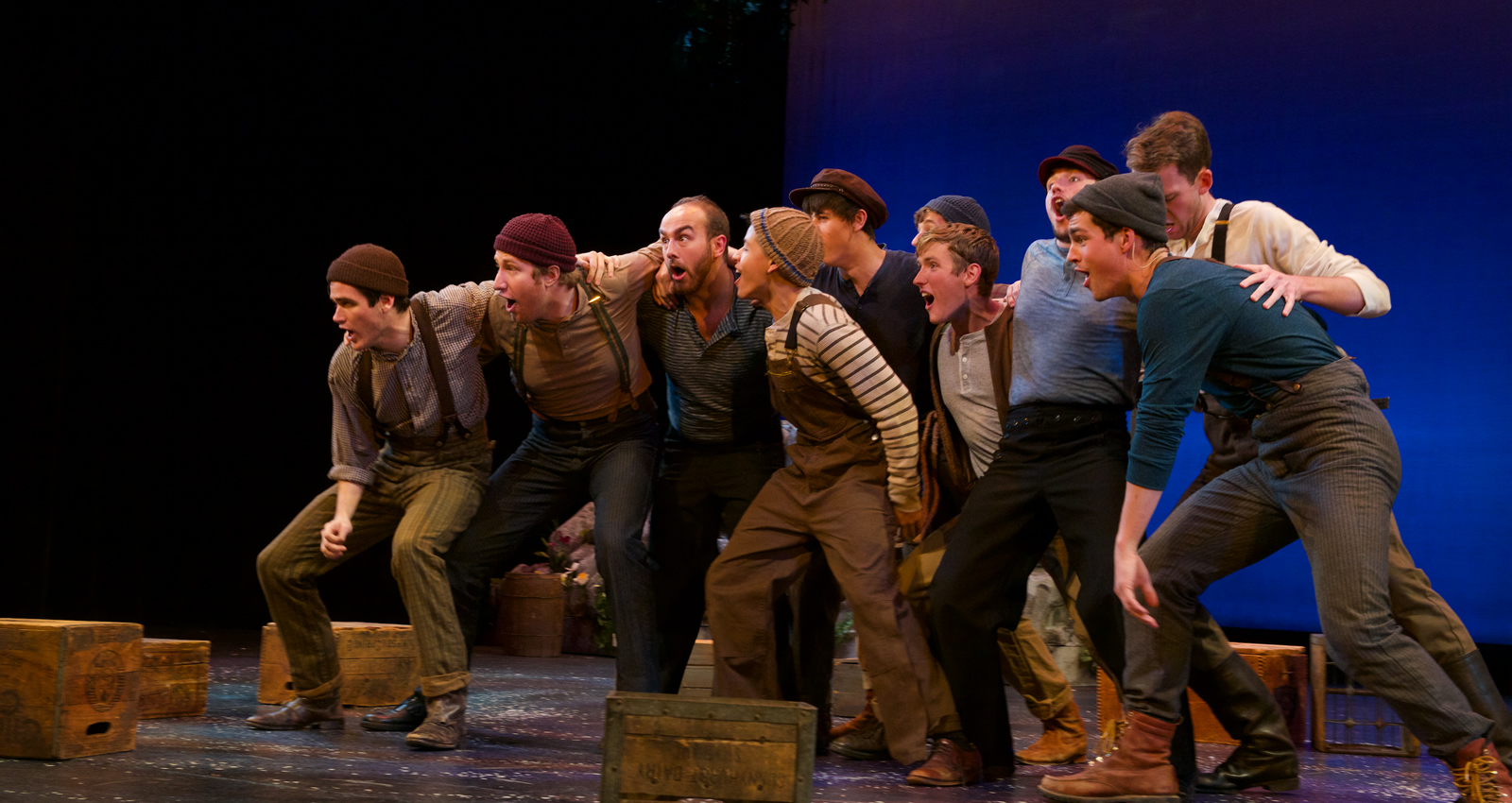FAQs
No. In fact, no previous experience is required to study theatre or get involved in theatre at BC. But we do encourage interested prospective students to visit the campus and, beforehand, arrange a time to talk with a member of the faculty and/or a current student.
Yes. More than half our Theatre majors tend to pursue a second major, in everything from English to Political Science to Business to Education. Fortunately, our Department features a very good advising system to help guide students effectively should they decide to do a double major.
The Theatre department produces six productions a year: four faculty (or guest) directed productions, and two student-directed productions. In any given year we are apt to stage a mix of classics (past and present), original student written work, and a musical. Over the course of every four years we try to assemble a good variety of shows to provide our students with exposure to a broad range of theatrical styles and approaches. And while we hope our productions are "entertaining," we really view our productions as an extension of the classroom: it is a place to apply and practice and observe knowledge and skills developed in class, and it is also a demonstration of differing theatrical and dramatic forms. In addition the two major student theatre groups (the Dramatics Society and the Contemporary Theatre) will stage another 4-6 productions each year, all student-directed, acted and designed.
No, the audition process is open to all. But it is also true that students who take acting courses here tend to do better than those who do not since they are developing understandings and skills that only enhance their natural talent. There are also only a limited number of acting class seats available for non-majors, particularly above the introductory level. In general our philosophy is that we want students to take the given class first, then we try our best to provide an opportunity to practice that skill in a production setting, be it acting, directing, design, stage management, or others. In the past year non-majors have acted, directed, designed and stage-managed in our Department.
Our aim is to create Theatre students, not actors. While we do have a strong program in acting, and the majority of Majors have a primary interest in studying acting, our program is designed to shape what we call "three-dimensional theatre students." Our students are required to take classes in a broad range of theatre studies, both because it provides them with a useful range of skills and because we find that studying a range of areas only enhances one's effectiveness in any one area. As a result, students studying playwriting make better directors, and students studying directing make for better actors or designers, and so forth.
We designed our program that attempts to balance the conservatory with the liberal arts. Boston College is itself a liberal arts university, so our students must take classes in a broad range of disciplines (English, History, Philosophy, Science, Math , language, etc). We believe this sort of education only enhances one's artistic understandings and effectiveness. And within the Theatre major itself students take a roughly equal number of courses in dramatic literature and theatre history as they do i n acting, directing, playwriting and/or design. It is not unusual for a student who sees himself or herself primarily as an actor, also develop a proficiency at, say, directing and direct a production in their senior year, and also design a set and/or wr ite a play. Nor is it unusual for students to do honors projects as seniors that combine scholarship with artistry in some fashion.
Ours is an undergraduate program solely. This means that there are ample opportunities to act, direct, design sets, costumes, lighting, sound, stage-manage, and have plays written in our playwriting classes staged here.


